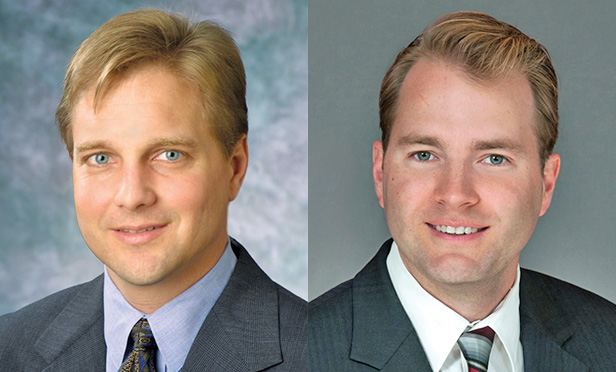With the rapid turnover of consumer electronic devices—smartphones, for instance—patent litigants should take a renewed look at res judicata when it comes to cases involving new versions of previously litigated products. The U.S. Court of Appeals for the Federal Circuit’s decision in Foster v. Hallco Manufacturing, 947 F.2d 469 (1991), held that res judicata bars claims against new products that are “essentially the same” as previously litigated, non-infringing products. But the court’s recent decision in Brain Life v. Elekta, 746 F.3d 1045, 1054 (Fed. Cir. 2014), has some patent litigators scratching their heads.
In Brain Life, a three-judge Federal Circuit panel contradicted its own precedent by finding that res judicata cannot bar claims against new versions of previously litigated products (whereas the Foster line of cases held it could), and instead resuscitated the century-old Kessler doctrine to bar claims against new versions of the products. But is Brain Life anything more than a new spin on the Foster precedent? Probably not.
This content has been archived. It is available through our partners, LexisNexis® and Bloomberg Law.
To view this content, please continue to their sites.
Not a Lexis Subscriber?
Subscribe Now
Not a Bloomberg Law Subscriber?
Subscribe Now
LexisNexis® and Bloomberg Law are third party online distributors of the broad collection of current and archived versions of ALM's legal news publications. LexisNexis® and Bloomberg Law customers are able to access and use ALM's content, including content from the National Law Journal, The American Lawyer, Legaltech News, The New York Law Journal, and Corporate Counsel, as well as other sources of legal information.
For questions call 1-877-256-2472 or contact us at [email protected]



